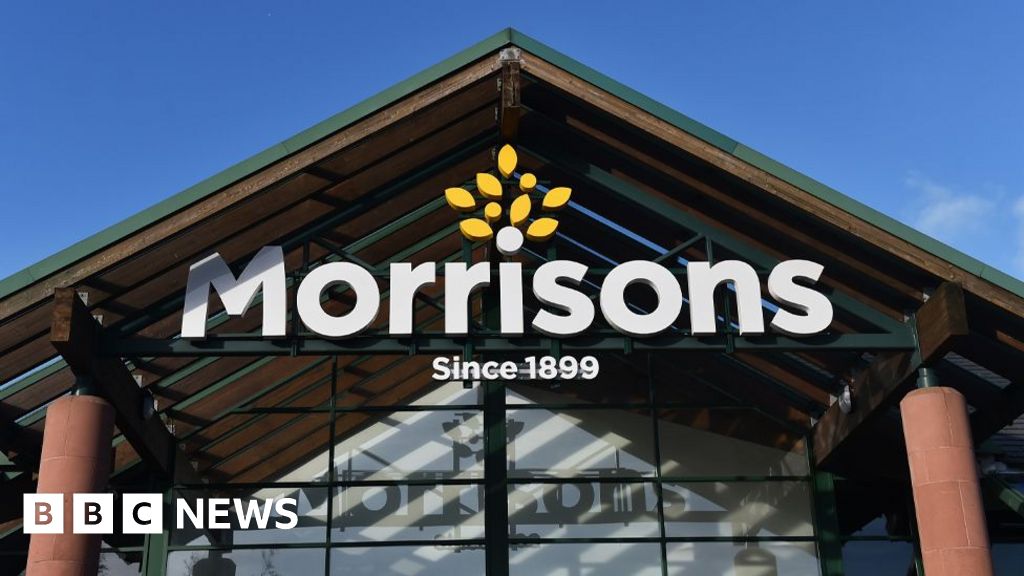CNA Staff, Oct 2, 2024 / 11:30 am
Monsignor Patrick Winslow, the vicar general and chancellor of the Diocese of Charlotte, North Carolina — an area heavily impacted by the recent Hurricane Helene — said in an interview with “EWTN News Nightly” on Tuesday that the storm’s impact has been “extremely difficult” throughout the state.
Hurricane Helene passed through multiple southeastern states during its trek through the U.S. last week. The storm killed more than 160 people, with hundreds more reported missing.
The Category 4 storm further left millions of people stranded without electricity and hundreds of thousands in flooded areas. The power outages are still affecting hundreds of thousands of people in North and South Carolina and Georgia as of Wednesday morning.
“For us, the impacted area includes 44 churches,” Winslow told “EWTN News Nightly” anchor Tracy Sabol. The area includes “more than half the counties that constitute western North Carolina, the Diocese of Charlotte — and that’s an enormous amount of territory.”
Many of the affected areas were far inland. The city of Asheville was hit particularly hard, as were hundreds of smaller communities. Local authorities reported at least 40 deaths in Buncombe County, where Asheville is located.
Winslow said communication has made it “extremely difficult” to process the impact, “in large part because we’ve had such limited and sketchy contact with people, because the communication lines have been out, with cell towers down, with roads being blocked, [and] with bridges being out.”
Since the storm passed on Friday, Winslow said they have been able to make more contact with people and get more resources out.
“We’ve been communicating ever since the storm passed us in the hours of noon, 1 o’clock on Friday, making some contact with some people who have been reflecting on how tragic and how difficult circumstances are,” he said.
“From that moment on, we’ve been mobilizing, getting our resources out to those people who need basic things: diapers, baby food, water, things of that nature.”
When asked about how he approaches the emotional and spiritual side of this tragedy with the faithful, he said: “It’s a heartache.”
“It’s a heartache, especially when people who are at a distance have their loved ones, their friends, and they can’t reach them, they can’t make contact with them. That’s extremely difficult,” he said. “Then you have the people that are there who’ve lost loved ones already. That’s very disorienting, and it’s hard to make sense of.”
Winslow noted that there are also many people who are missing.
“We have a number of people where we have their identities, but we don’t know exactly what they are, and so we’re not sure if they’re safe or if they’re in harm’s way or if the worst has happened,” he said. “And so this is just an extremely difficult position to be in.”
The priest said he is not without faith.
“As I reflect upon it from a spiritual perspective, my first thought is, in the midst of all this tragedy and difficulty, how through ordinary events of life, on a regular day, the most important things that matter always seem to hide in plain sight,” he said.
(Story continues below)
Subscribe to our daily newsletter
“But as we confront these challenges, this darkness, these difficulties, how the things that matter the most start to come out of the shadows: loving our neighbor, relying on God, asking God for his grace and his help, just recognizing how frail we all are.”
“And those things, I think, are inspiring our communities, inspiring the faithful of western North Carolina in the Diocese of Charlotte,” Winslow continued. “We’re beginning to make some real inroads and bringing resources to bear, and we begin to see how the strength of faith is able to really give people that hope that they need.”
When asked about the response of the public so far, Winslow said it has been “tremendous.”
“They’re actually calling our offices, wanting to know how they can give,” he said. “We’re going to be having a special second collection this upcoming Sunday at Masses. We have our websites which are available, our Catholic Charities of Diocese of Charlotte website, which you can also get there through our charlottediocese.org website.”
North Carolina Catholics, including Catholic Charities and the local diocese, have been mobilizing to bring together aid. Emergency relief supplies running from bottled water to formula to flashlights are being collected at the Charlotte Diocesan Pastoral Center for delivery to neighboring areas affected by the disaster.
 (1).png)
 2 months ago
17
2 months ago
17














